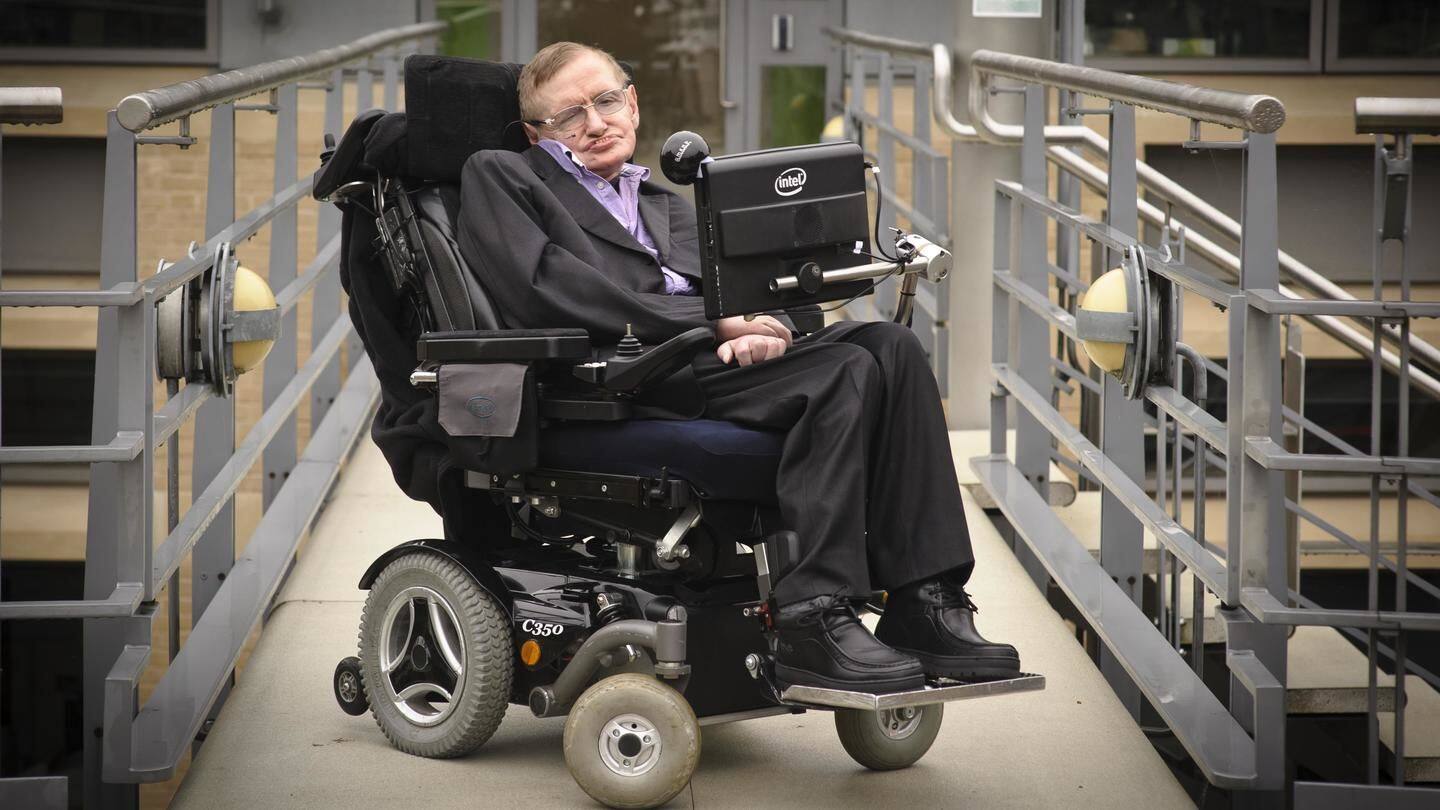
Russian scientists devote newborn black hole to Stephen Hawking
What's the story
A week after the death of celebrated cosmologist Stephen Hawking, Russian astronomers have dedicated a newborn black hole to the "Lord of Black Holes."
The March 16 discovery in the Ophiuchus constellation has been registered under the name GRB180316A.
The physicist spent his career studying black holes and theories of gravity, and succumbed to amyotrophic lateral sclerosis after battling it for 55 years.
About
What is a black hole?
NASA defines a black hole as "a place in space where gravity pulls so much that even light cannot get out. The gravity is so strong because matter has been squeezed into a tiny space."
Since no light can get out, people can't see black holes, hence they are invisible to the naked eye.
This phenomenon takes place when a star dies.
Hawking
How the Hawking radiation changed science as we knew it
Hawking's work with black holes changed concepts of space-time as scientists knew them.
He discovered black holes aren't completely "black;" put simply, they emanate a faint glow when a photon is leaving them.
If this happened frequently, he predicted, the black hole would lose so much mass that it would disappear, or become visible again.
This came to be known as the Hawking radiation.
Discovery
The latest discovery was a matter of luck
Recently, scientists at the Moscow State University noticed a "gamma-ray burst" in the Ophiuchus constellation.
It was luck: though gamma-ray bursts occur almost daily, it is difficult to refocus a telescope to capture the energy release, which can last for milliseconds.
The explosion was captured by a MASTER-IAC robotic telescope in Tenerife, Spain.
Scientists then discovered it was caused by a collapsing star.
Tribute
Hawking's funeral to be held in Cambridge church next week
Mentioning the discovery in the Astronomer's Telegram journal, the researchers devoted it to the iconic physicist.
Hawking's funeral will be held at a church in Cambridge on March 31, his family has said.
His ashes will be interred in Westminster Abbey, near the graves of celebrated scientists Isaac Newton and Charles Darwin.
Incidentally, Hawking had died on Albert Einstein's birthday.